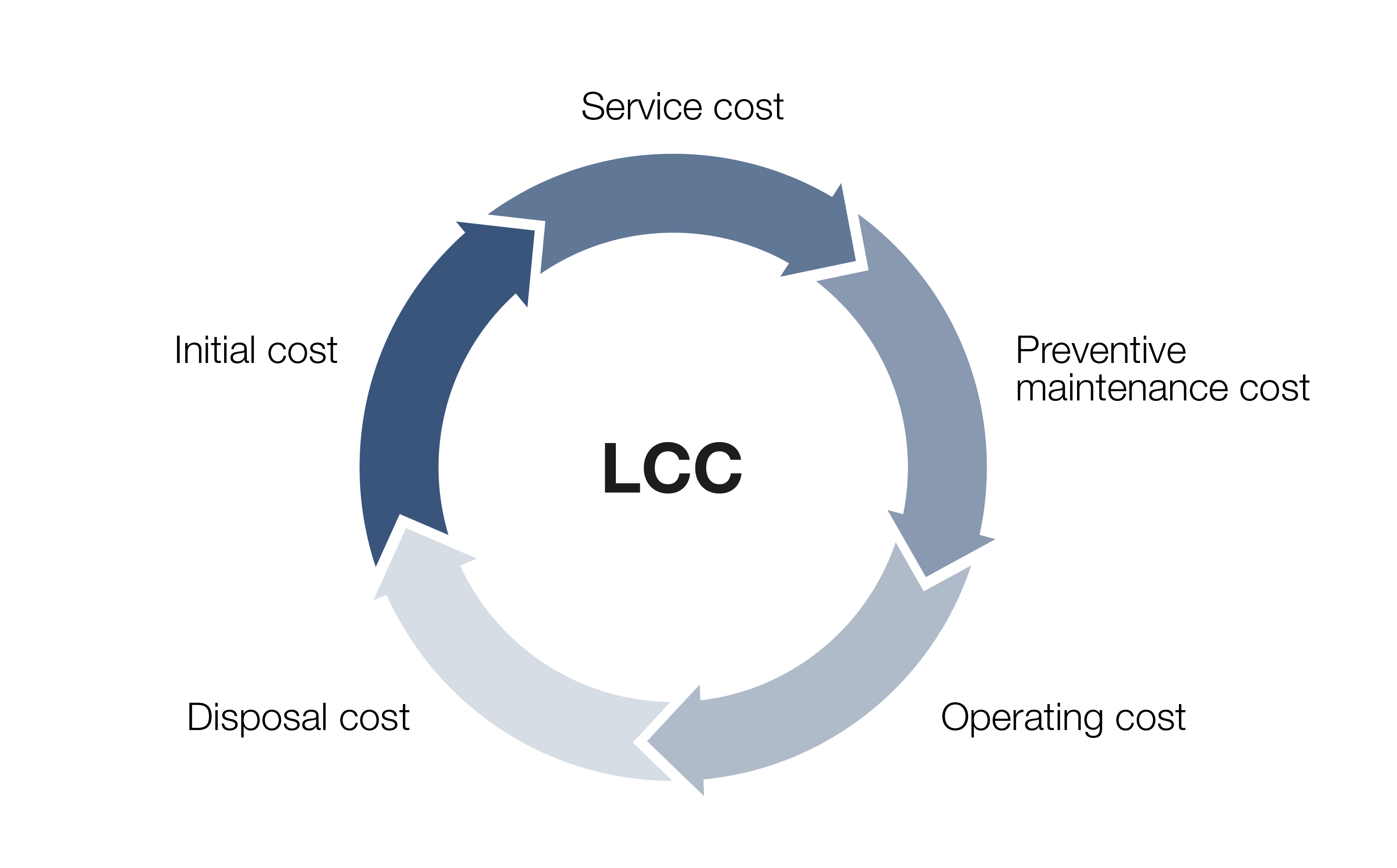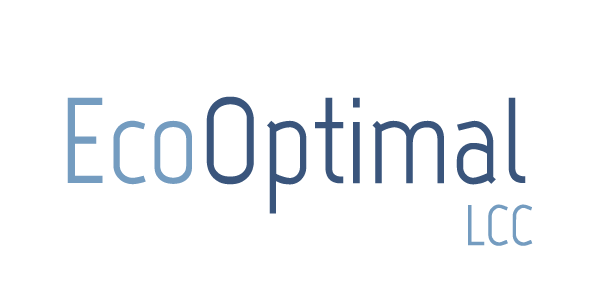Life Cycle Costing (LCC)
What is LCC methodology, what is it for and why is it important to know about it
Life Cycle Costing (LCC) is a methodology for assessing the economic performances related to the entire life cycle of a product or service from extraction and processing of raw materials, production, distribution, use, to end of life.
With a view to management for efficient production, the LCC method allows to relate quantitative data related to the costs of a product or service, to gain an overview of the Life Cycle Cost aimed at producing financial, and time, savings within the pre-production, production and decommissioning process.
The ultimate goal is to achieve better economic sustainability of one's product or service.
What is it for
LCC analysis is a valid tool to support company businesses and that allows them to improve the economic sustainability of their products or services. LCC allows companies to:
- acquire a detailed knowledge of all the sources that contribute to determining the cost of a product or service
- identify opportunities for financial and time savings within the pre-production, production and disposal process
- predict the costs to put a new product on the market, from pre-production to its disposal.
Why it is important
LCC analysis helps companies to:
- estimate, in monetary terms, the direct and indirect costs of their resources
- reduce production costs to a minimum
- make precise and conscious budget planning
- make much more informed purchasing decisions

Some of the costs quantified by LCC:
- Purchase cost
- Maintenance and repair cost
- Water consumption
- Energy consumption
- Replacement cost-residual value
- Disposal cost
- Intangible assets of a company (patents, brand and reputation)
What we can do for you
We follow you in the evaluation process through:
Preliminary analysis
- Objective definition and scope
- Preliminary identification of cost centers
- Estimation of costs and timelines of the service
Actual evaluation
- Detailed data collection (with site visits)
- Virtualization of the analyzed system including all cost contributions
- Detailed cost evaluation and support for the interpretation of results
Development of improved solutions
- Presentation and discussion of hotspots
- Scientific and technological consulting to improve economic performance
- Follow-up and support
